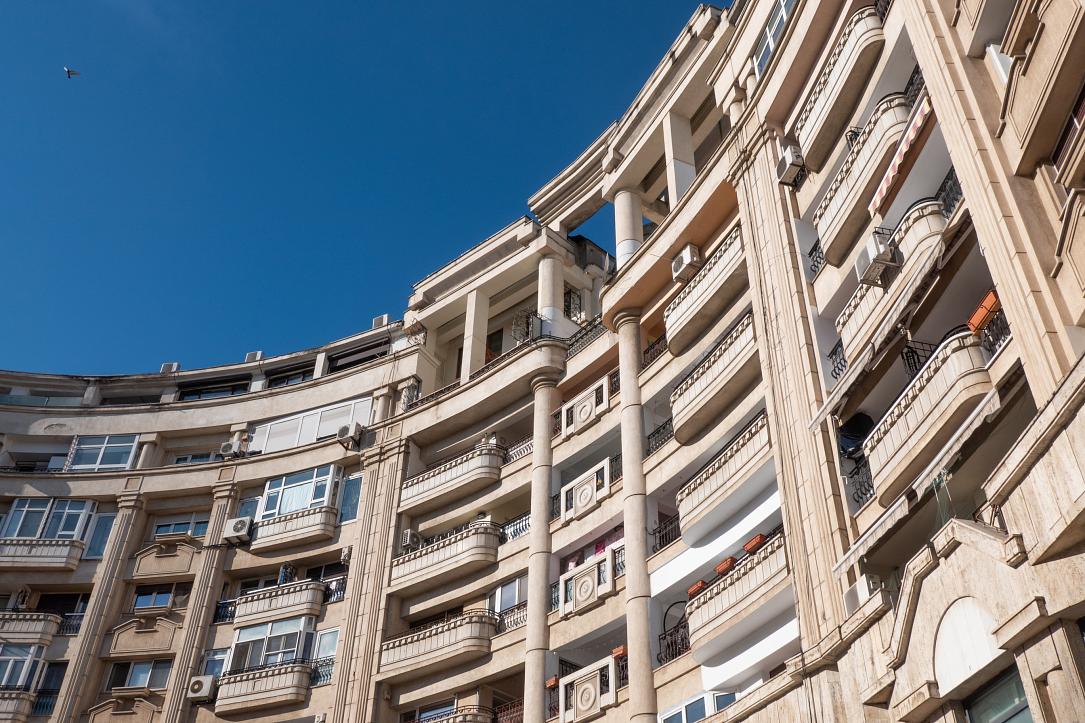Rents see among the highest increases in Europe in Bucharest, Cluj



Rents have risen rapidly in recent years across Europe, but the highest increases were in Bucharest and Cluj, according to the Social Monitor, a project of Friedrich Ebert Stiftung Romania.
In Cluj, rents in 2023 were 80% higher than in 2015, while in Bucharest the increase for the same period was 51%. Among the cities included in this study, only Berlin and Athens saw greater increases in the average rental prices for one-bedroom apartments, according to data from price aggregator database numbeo.com.
Rising rents may be explained through the massive internal migration to major cities. To make these moves economically sustainable, newcomers need to earn sufficiently high incomes to cover their living costs, including housing expenses.
On the other hand, average incomes in cities have also increased significantly during the same period. In Bucharest, average incomes rose from EUR 483 in 2015 to EUR 956 in 2023, an increase of approximately 98%, while in Cluj these incomes rose from EUR 421 in 2015 to EUR 962 in 2023, an increase of approximately 128%. By comparison, income growth in other major European cities has been more modest.
On average, a resident of Bucharest now spends about 53% of their monthly income to rent a one-bedroom apartment in the city center, while a resident of Cluj spends about 55% of their monthly income for the same type of apartment.
“Among the cities studied, only Athens exceeds 50% of the average monthly income spent on renting an apartment in the city center. In contrast, in Sofia, rent for a central one-bedroom apartment represents 42% of the average monthly income, in Berlin 41%, and in Lyon about 38%,” the report shows.
The data reflects the fact that, on average, incomes in Bucharest and Cluj have grown slightly more than rents. This dynamic likely reflects the changing economic structure of these cities, although the average income inevitably masks significant inequality. While residents of Bucharest and Cluj spent more than 50% of their incomes in 2023 to rent a one-bedroom apartment in the city center, this percentage has decreased compared to previous years, when rents accounted for as much as 60% of the average income or even 70% in 2015.
(Photo source: Moruzx | Dreamstime.com)